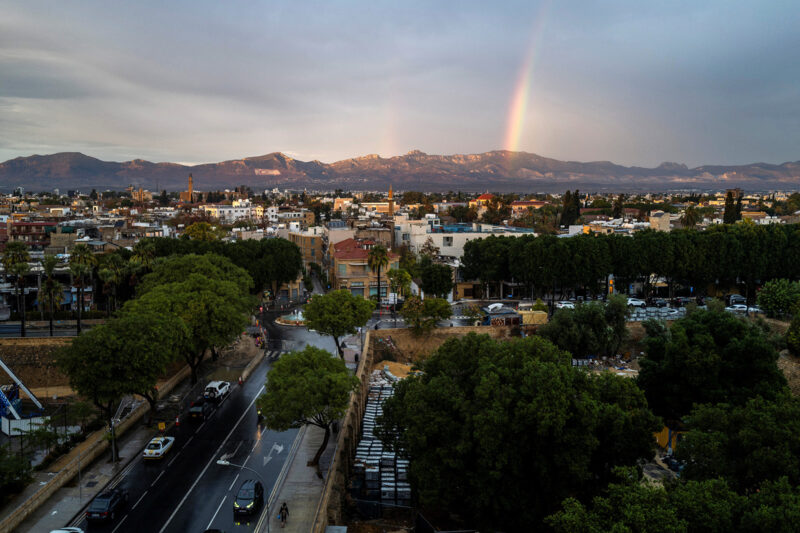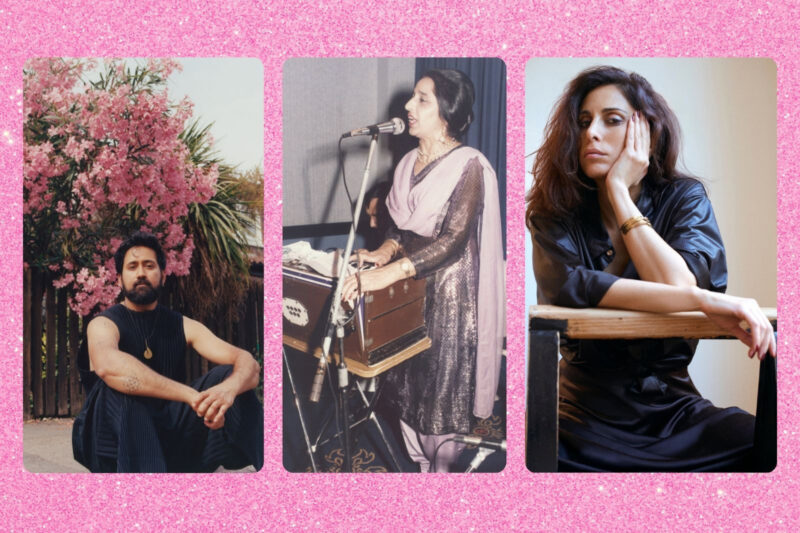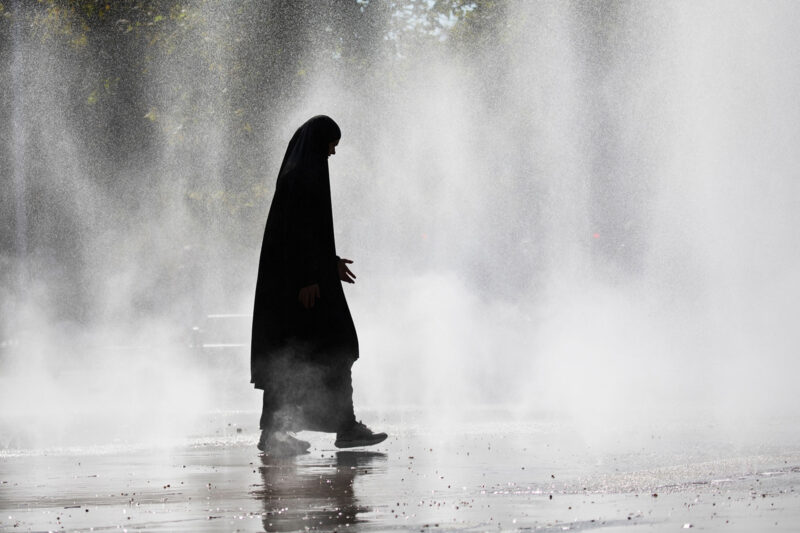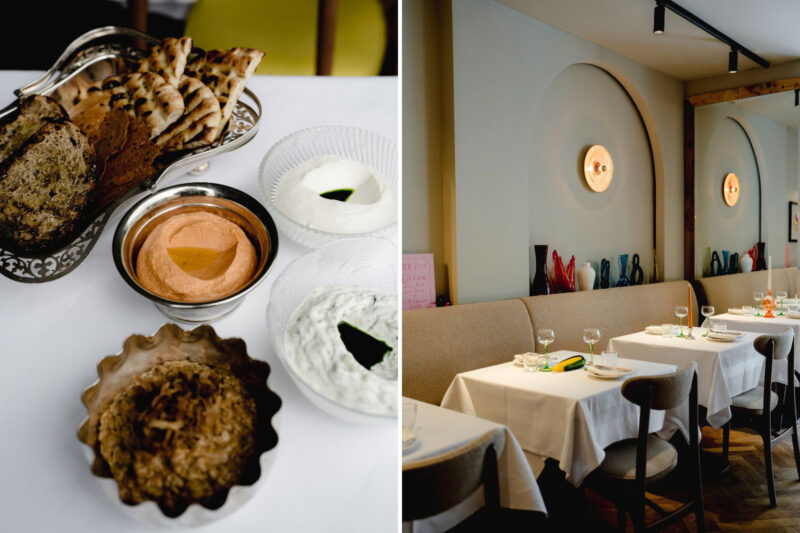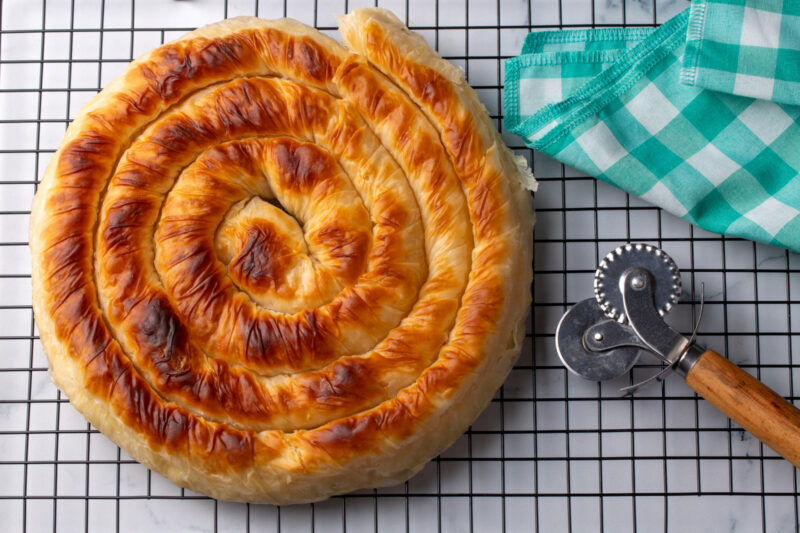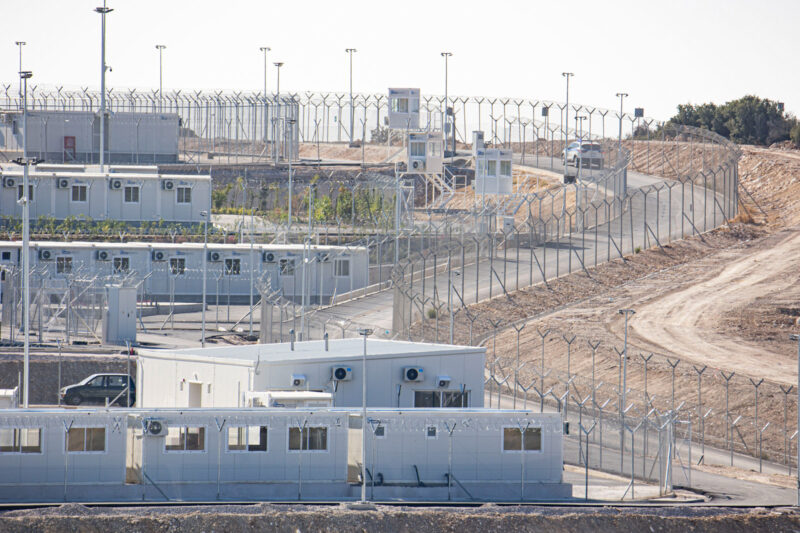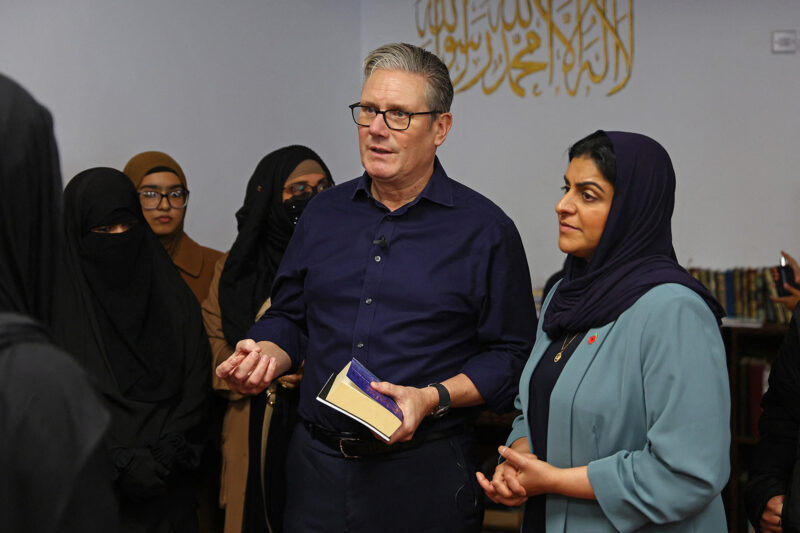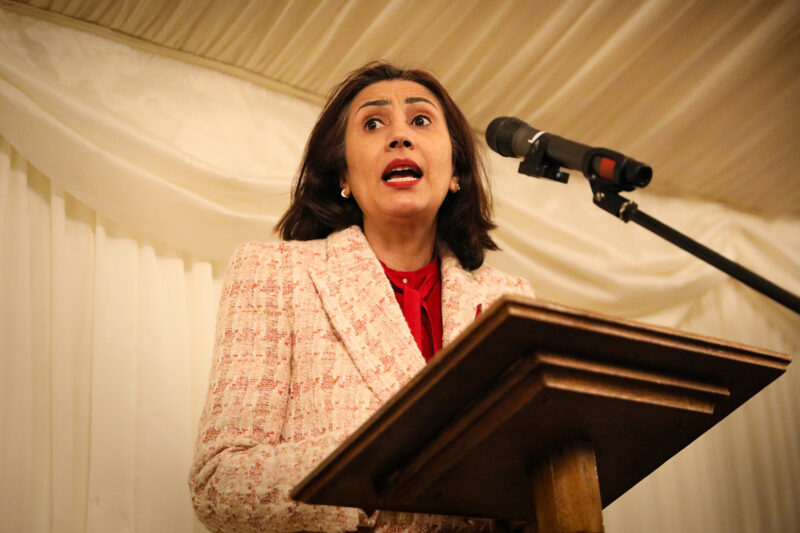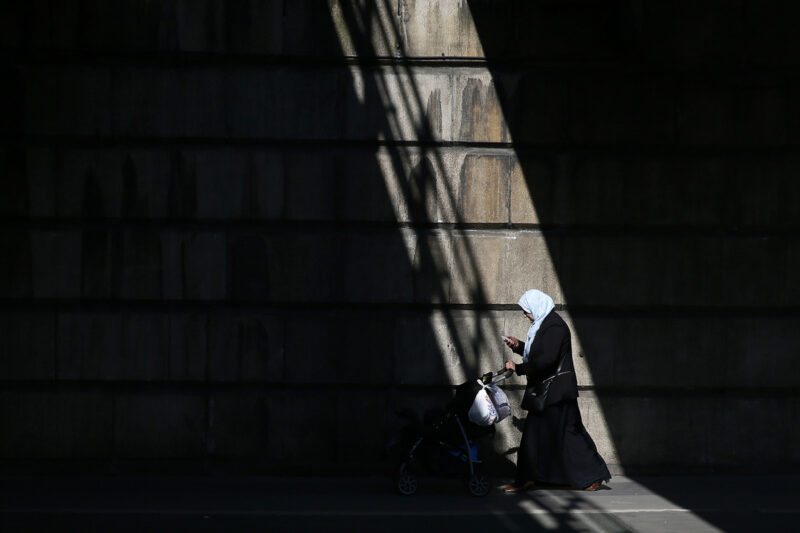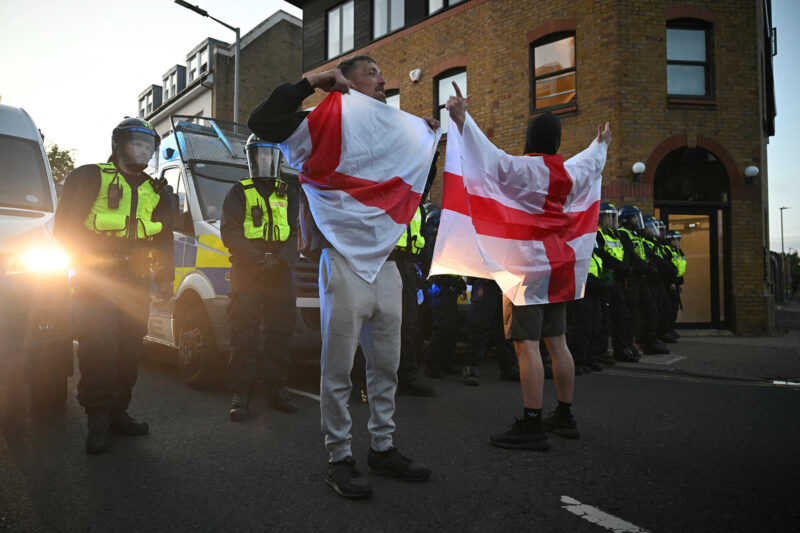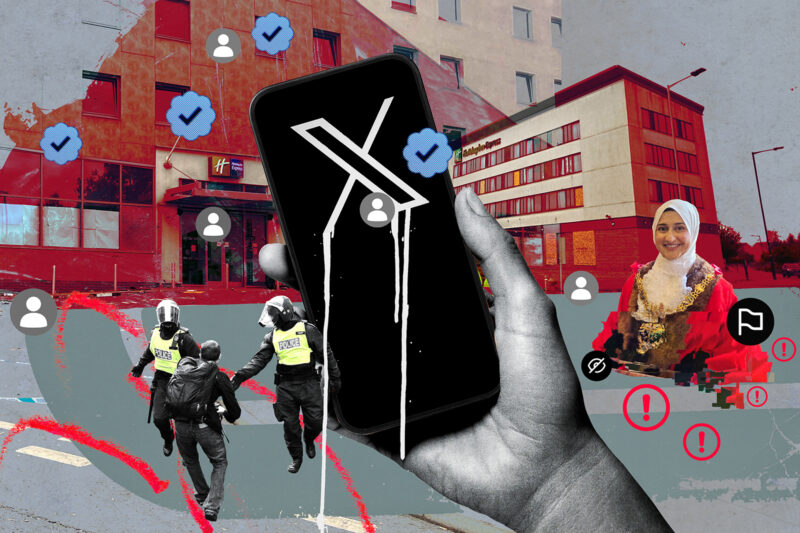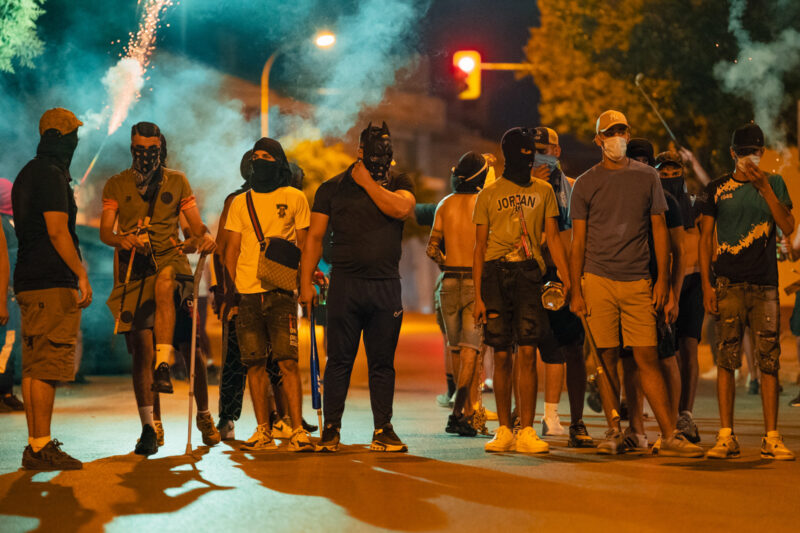Greek students are being schooled in Islamophobia, experts warn
Nearly six in 10 Greeks admit to feeling hostile towards Muslims. Academics and pupils say this can only be changed in the classroom
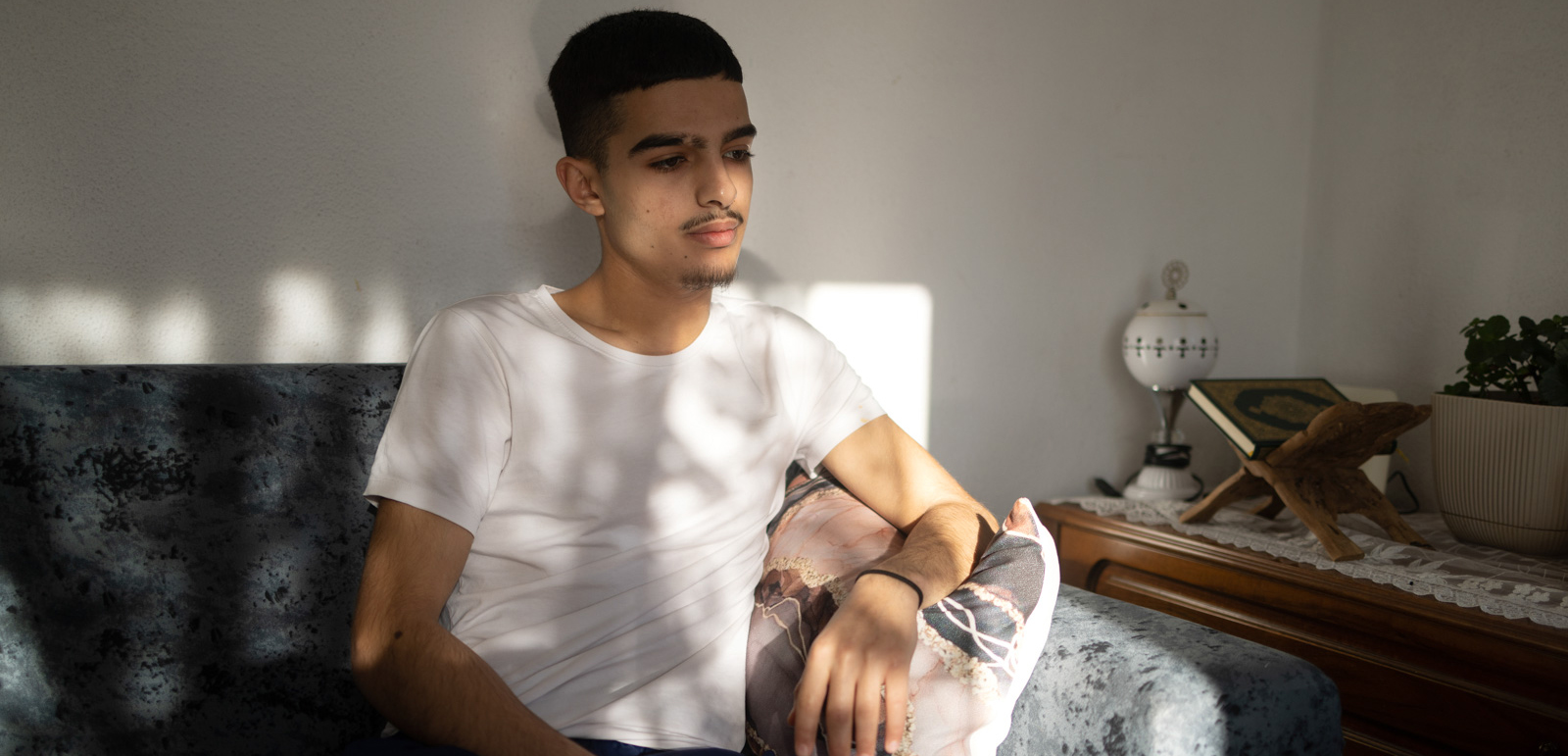
Ever since Ahmed Rawdan entered the Greek public school system aged 10, he has had the same conversation with classmates: he had no intention of ever showing up at school wearing explosives; Jihad was not what most Muslims dream of; no, he was not part of a “great replacement” — the far-right theory that indigenous white populations are being “replaced” by non-white immigrants — as suggested by some pundits and politicians.
“Many say things like that either seriously or half joking. They see Muslims as a threat,” said Ahmed, 17, sitting in his family’s living room in a working-class area of Thessaloniki, Greece’s second largest city. Most will accept that their fears around Muslims are baseless after a conversation, he added.
Of the estimated 520,000 Muslims currently living in Greece, Ahmed and his family could be considered a case of successful integration. The Rawdans fled their home in Homs, Syria, in 2016 to escape Isis. Ahmed’s father runs an Arabic delicacies shop; his mother, Bayan, a former school teacher, works in a refugee child care program; his younger brother Gawad, 14, like Ahmed, speaks fluent Greek and attends a public school; his older sister, Hanin, is studying business administration at a private college in the city. However, each has their own experience of prejudice.
With 90% of the Greek population identifying themselves as Christian Orthodox, nearly six in 10 (57%) hold negative perceptions of Muslims, among the highest rates in Europe. Following the last national elections in June 2023, three far-right parties campaigning on anti-Muslim rhetoric are now represented in parliament for the first time since 1974. Islamophobia is a problem in Greece.
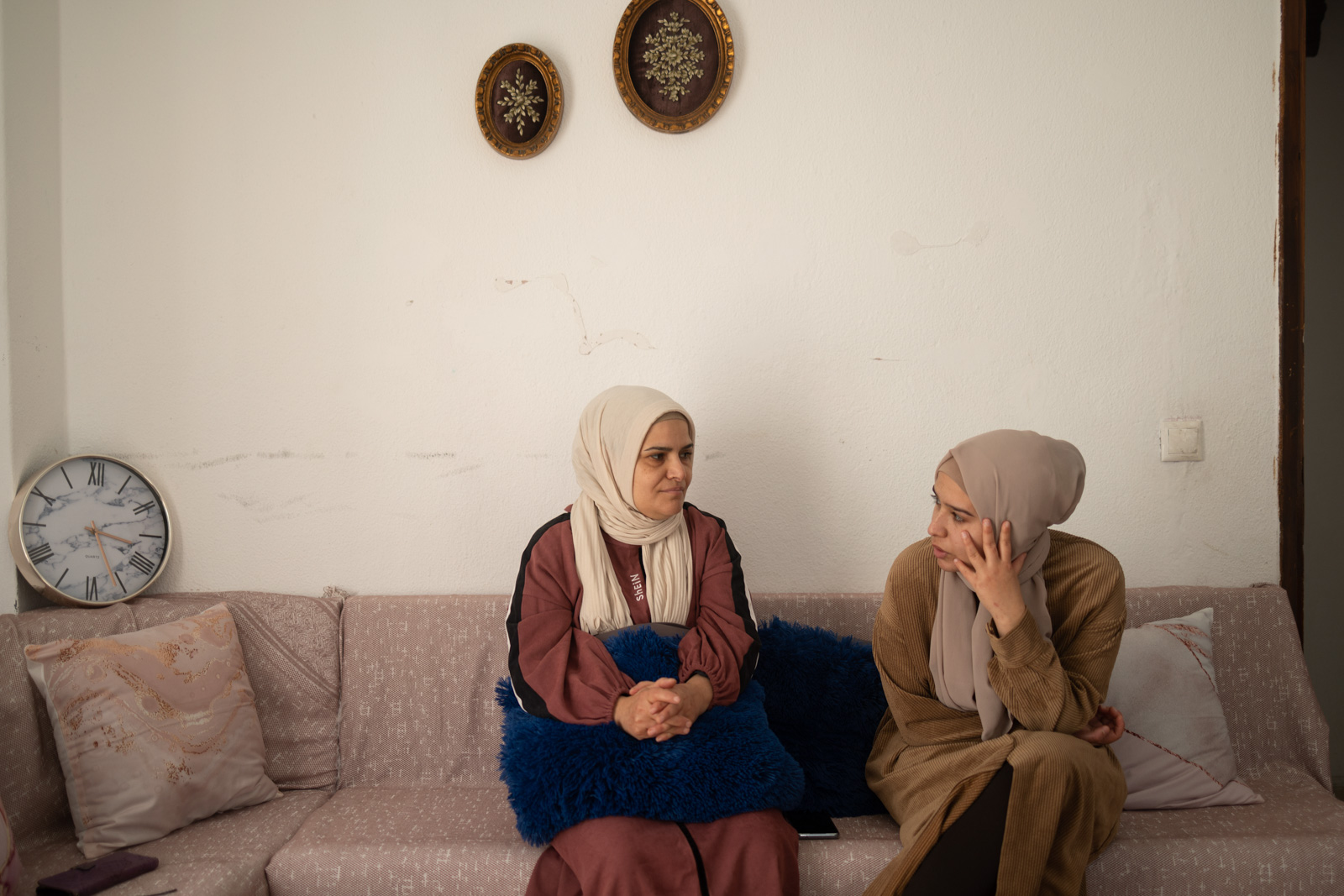
Alexandros Sakellariou, a lecturer in sociology at the Hellenic Open University, explains this fear of Islam is deeply rooted. The region of the modern Greek state was occupied by the Muslim Ottoman empire for 400 years until the Greek War of Independence in 1821. The arrival of more than one million asylum seekers — most from war-torn Muslim countries — between 2015-16, alongside Greece’s ongoing conflict with its neighbour Turkey, has only aggravated this historic hostility.
Education is widely accepted to be crucial in tackling prejudice. The Organisation for Security and Cooperation in Europe’s guidelines for educators highlight the importance of education in “promoting mutual understanding and respect”. The Council of Europe has advised that even countries where one religion predominates should teach about all religions “rather than favour a single one or encourage proselytising”.
Greece may have been one of the first nations to join the council of Europe, but “mutual understanding” is not an educational priority here. Among the ministry of education’s publicly listed goals for its religious education [RE] curriculum is that students “recognise and realise the importance of the Orthodox Christian tradition”. A survey conducted by Greek pollsters Public Issue in 2010 found that eight in 10 Greeks admitted to knowing very little about Islam’s teachings and customs.
Angelos Anastasopoulos, 17, a student at another Thessaloniki public high school can attest to that. “We learned almost nothing about other religions and whatever we did hear about Islam had a negative tint, along the lines that Muslims want to expand, harm others, Jihad, and so on,” he said. “We didn’t learn anything about their culture or anything like that.”
Orthodox Christianity, on the other hand, is ubiquitous in Greek education, from the holy blessing given to children by a priest on their first day of school to icons in classrooms, obligatory morning prayers and church attendance. The state’s RE textbook for 10-year-olds identifies its main function as introducing children to “the world of our religious tradition, namely Christianity and Orthodoxy”. Getting an exemption from RE classes is possible but fraught with bureaucratic difficulties. Fewer than 1% of parents opt their children out.
In 2016, the left-wing Syriza government developed a reformed RE curriculum. Professor Angeliki Ziaka, head of the Islamic Studies undergrad program at Aristotle University in Thessaloniki, was among the state agencies and academics consulted. The revised texts, she said, “aspired to let students hear about other religions in a non-denominational, scientific, pluralistic way with age-appropriate material”.
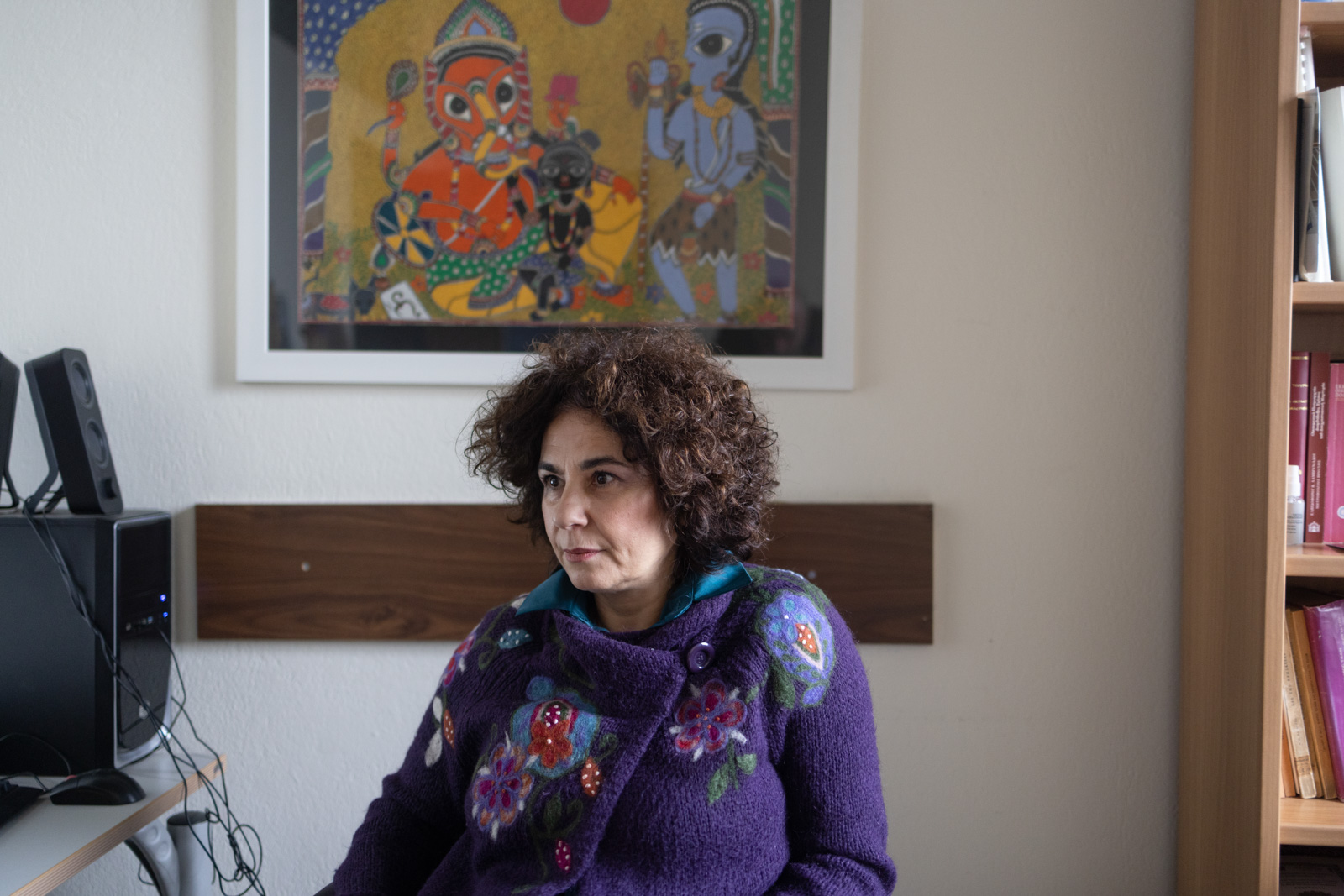
This new syllabus was taught for only two years, prompting a fierce public and clerical outcry, led by head of the Greek Orthodox Church, Hieronymus II, who described the new books as “reprehensible and dangerous”. In response the country’s top administrative court, the Council of State, ruled to throw them out, citing the constitutional mandate of education to focus on developing “religious consciousness”.
As a result, the RE curriculum currently taught in Greek schools barely mentions Islam until students are 16-17 years old when part of the scant material devoted to other faiths misleadingly describes one of the four central teachings of the Quran. “… The enjoyment of heaven as a reward for dying in the battle against the unbelievers … This has contributed to the development of the warlike zeal that has characterised the armies of Islam throughout its history.”
Sakellariou believes the Greek education system’s narrow focus on orthodoxy is feeding a dangerous and isolating national prejudice. “You’re learning only about one religion, as the only true religion. And this is why we have all these misconceptions about Islam and Muslims. We need a more pluralistic class in schools,” he said.
Ziaka agreed.“Religious literacy will be key for maintaining public peace across Europe. The Greek state should not isolate itself in a parochial approach.”
In the Rawdan’s living room in Thessaloniki, Hanin and Bayan, who both wear headscarves, said they regularly experience first hand Greece’s issues with Islam. “We get strange looks and derogatory comments regularly and once on the bus, someone tried to remove my hijab,” 20-year-old Hanin said.
Ahmed said he has learned to take prejudice in his stride by following his father’s advice. “Always hold your head up high,” he said. Despite the discrimination, he considers Greece home. “I have very good friends here,” he explained. “I want to go to university [here] and study economics.” His mother agreed, adding sternly: “As long as you study hard enough.”
 Newsletter
Newsletter



